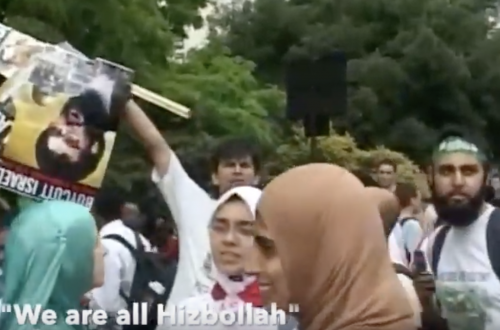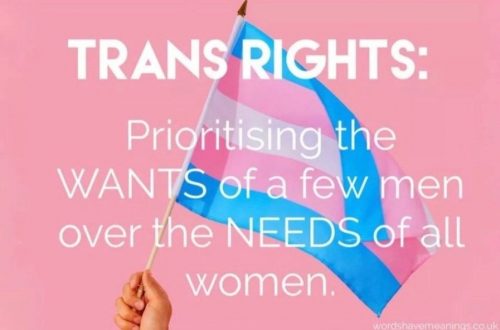From the Jerusalem Post:
Hizbullah parliamentary leader Mohammad Raad met British Ambassador to Lebanon Frances Guy on Thursday in the first such talks in the country between the group’s political wing and a senior UK official.
“The talks covered the recent elections and the situation in the region,” Raad said in a statement following the meeting in the Lebanese parliament.
“I believe the doors are open to further meetings,” he told AFP.
The British embassy confirmed that the talks had covered local politics.
“Basically the meeting covered the elections and the formation of a new government,” an embassy press officer told the news agency.
Now, the last time that our government signalled that it was going to reach out to Hezbollah, the thinking was that they were about to come to power, having won a sweeping mandate in the Lebanese elections. Well, that didn’t happen.
There is, of course, the hugely caterpillar-munched fig leaf of the argument which holds that there is some sort of IRA-Sinn Fein style division between Hezbollah, the terorrist organisation, and Hezbollah, the political party. As Hezbollah itself makes clear, time and time again, there is no such division.
The United States certainly seemed to be signalling that it disapproved of such contact:
The United States, the official said, wanted Britain to explain “the difference between the political, social and military wings of Hezbollah because we don’t see the difference between the integrated leadership that they see.”
Post Obama’s Cairo speech, is that policy still in place in the U.S.?
What undepins thinking – or at least, Conflicts Forum led thinking – on this issue is the notion that we must make ‘brave choices’ to achieve the same sort of settlement to the Middle East’s woes that we did in Ireland. As Frampton and Bew point out:
Ultimately, then, there is a crucial difference in talking to terrorists who are on the crest of a wave and believe they have momentum on their side and talking to those who have been made to realise – by hard power as well as a soft power – that their aims are unattainable through violence.
Is the choice that this government has made a foolish, rather than a brave one?


